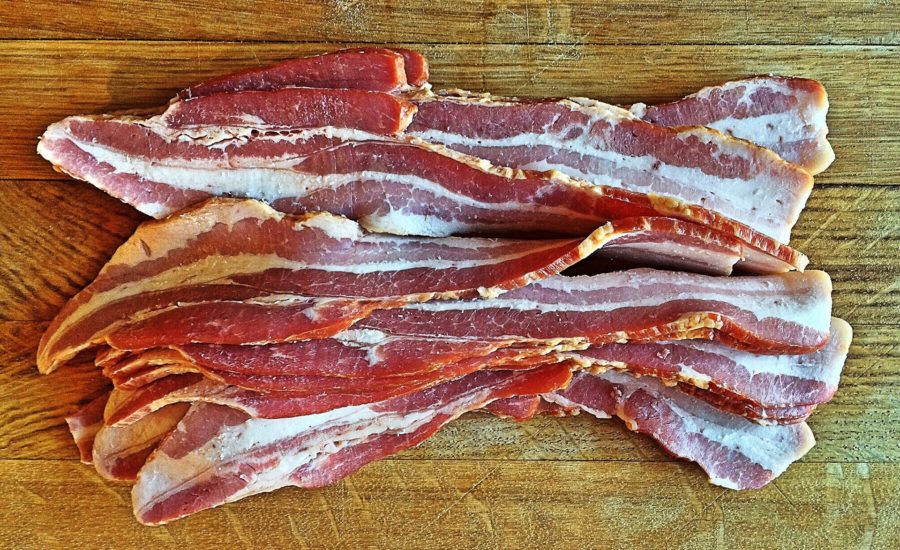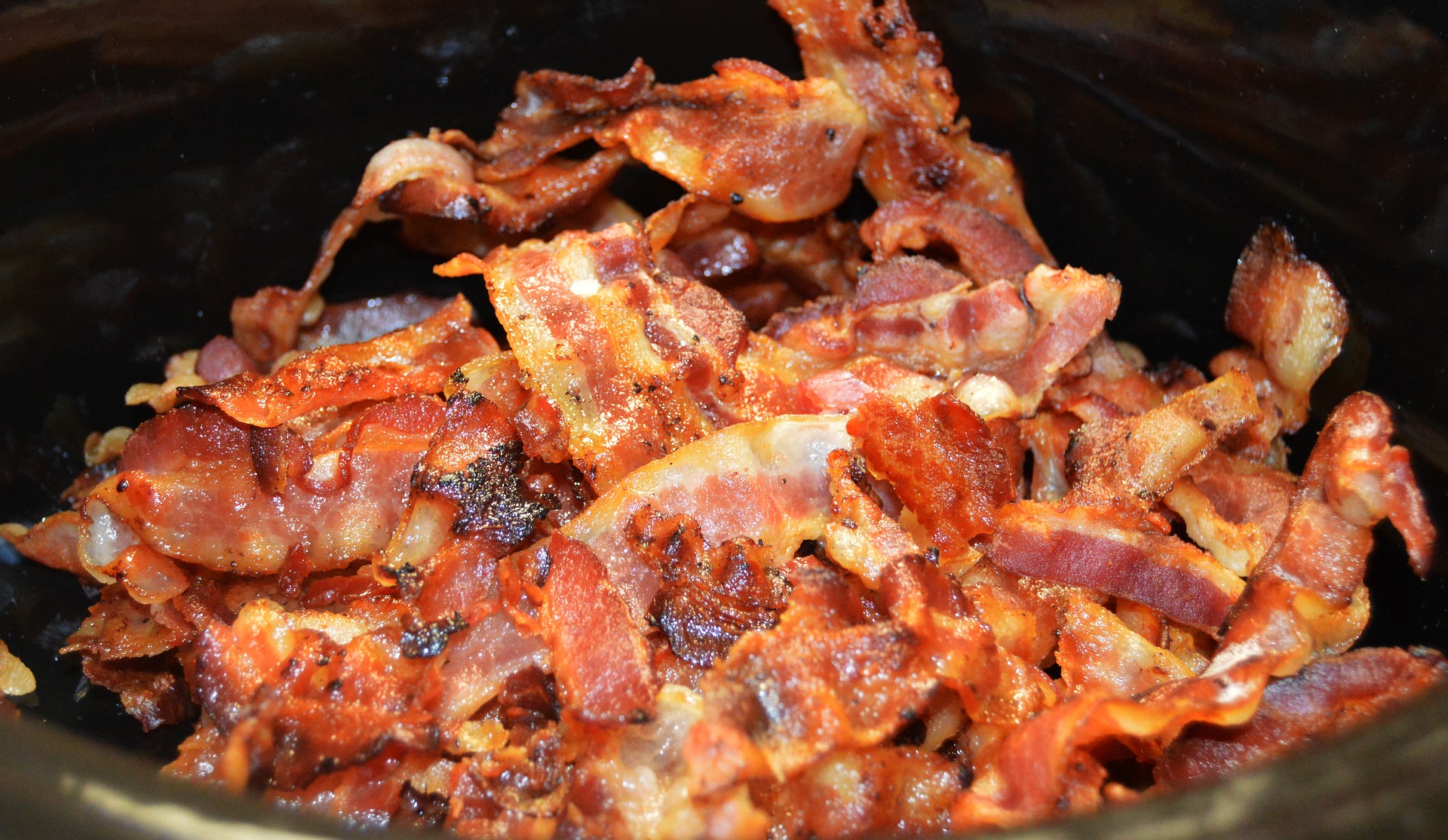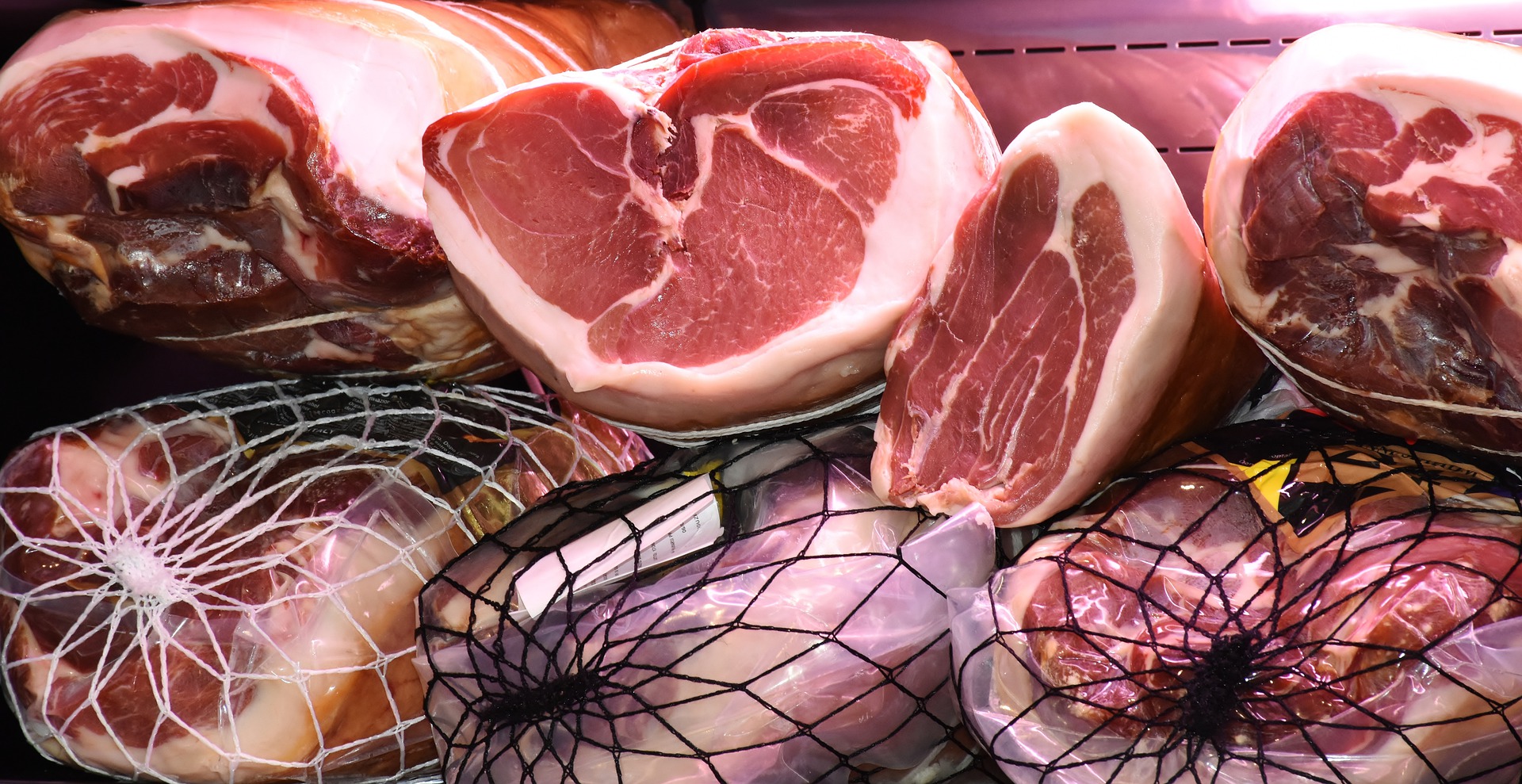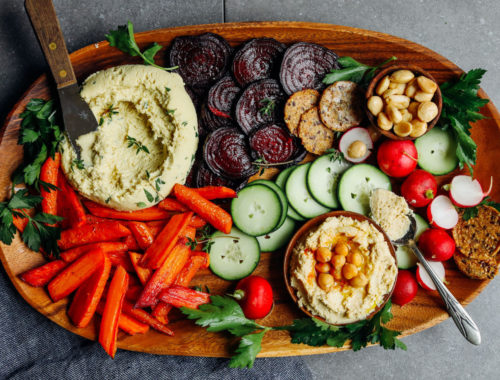Prevent
Processed Meat & Cancer: Is Bacon Bad for You?

Despite being an all-American favorite with a cult-like following for its flavor, bringing home the bacon comes at a risk.
The World Health Organization (WHO) has classified red and processed meats as likely carcinogens, or cancer causing to humans. Eating just 50 grams of processed meat a day can increase your risk of colorectal cancer by 18%. That’s works out to about 4 pieces of bacon.
The saturated fat, sodium, and added chemicals in bacon and other processed meats are increasingly found to be the culprit behind inflammation and other health hazards, including cancer.

What are Processed Meats?
Processed meats are given a boost to their flavor, color, and shelf life by using techniques like smoking, curing, or adding preservatives. According to the United States Department of Agriculture (USDA), 22% of all meat consumed in the United States is processed. While bacon is the processed meat poster child, other products include:
- Ham
- Sausage
- Hot dogs
- Deli meats (like pastrami, corned beef, and bologna)
- Jerky
- Spam and other canned meats
- Pickled meats (like vienna sausages)
Harmful Additives Used in Meat Processing
The preservatives used in processed meat is what leads your body to produce cancer-causing chemicals.
Bacon and other processed meats are treated with nitrates or nitrites—chemicals added to help them last longer and enhance their flavor and color. These mix with the chemicals naturally found in red meat (which includes the pork bacon is made from) to create harmful reactions. The resulting effect on the digestive tract has been linked to colorectal cancer risk.
Even bacon labeled as “uncured” or “no nitrate or nitrite added” can still contain potentially harmful amounts of these carcinogens. These meats are often treated with celery powder and other natural alternatives that contain high levels of nitrates.

Inflammation caused by processed meat increases cancer risk
Fat makes up about 68% of the calories from bacon and about half of those calories are from saturated fat.
Four slices of thick-cut bacon also contain about 880 mg of sodium, which equals 40% the your daily recommended amount.
Both sodium and saturated fat are thought to cause inflammation, which is another factor that can increase your cancer risk.
A study published in JAMA Oncology found that pro-inflammatory foods like red and processed meats increased colorectal cancer risk by 44% for men and 22% for women, compared to participants who ate more vegetables, fruits, and whole grains
Studies have also found connections between processed meat and stomach cancer. This risk is potentially caused by not just by nitrates, but the high amounts of salt used in processed meat.

Across the Board: Avoid Processed Meats
In addition to the cancer risk announced by the WHO, a review of 800 different studies on processed meat revealed:
- While an average person has a 5% chance of developing colon cancer, consuming 50 grams of processed meat a day increases that risk nearly by 20%
- Consuming more than 1.5 pounds of red meat each week raises the risk of colon cancer by 17%, and the average American consumes nearly double that amount
- Processed meat consumption contributes to more than 30,000 cancer deaths every year around the world
Several health organizations recommend avoiding processed meats as much as possible. There are many safer choices of protein including lean meats (like fish or poultry) or plant-based options (like nuts and legumes). Though the allure of bacon may be hard to resist, for the sake of your health it’s best to save it as a treat for special occasions.




